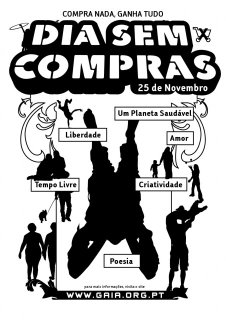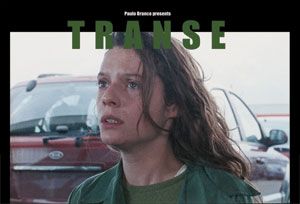
36. The Gates of Hell
The samurai's pride
Heaven and hell are not geographical, they are psychological, they are your psychology. Heaven and hell are not at the end of your life, they are here and now. Every moment the door opens; every moment you go on wavering between heaven and hell. It is a moment-to-moment question, it is urgent; in a single moment you can move from hell to heaven, from heaven to hell.
Hell and heaven are within you. The doors are very close to each other: with the right hand you can open one, with the left hand you can open another. With just a change of your mind, your being is transformed --from heaven to hell and from hell to heaven. Whenever you act unconsciously, without awareness, you are in hell; whenever you are conscious, whenever you act with full awareness, you are in heaven.
The Zen master Hakuin is one of the rare flowerings. A warrior came to him, a samurai, a great soldier, and he asked "Is there any hell, is there any heaven? If there is hell and heaven, where are the gates? Where do I enter from? How can I avoid hell and choose heaven?"
He was a simple warrior. A warrior is always simple; otherwise he cannot be a warrior. A warrior knows only two things, life and death--his life is always at stake, he is always gambling; He is a simple man. He had not come to learn any doctrine. He wanted to know where the gate was so he could avoid hell and enter heaven. And Hakuin replied in a way only a warrior could understand.
What did Hakuin do? He said, "Who are you?"
And the warrior replied, "I am a samurai."
It is a thing of much pride to be a samurai in Japan. It means being a perfect warrior, a man who will not hesitate a single moment to give his life. For him, life and death are just a game. He said, "I am a samurai, I am a leader of samurais. Even the emperor pays respect to me."
Hakuin laughed and said, " You, a samurai? You look like a beggar."
The samurai's pride was hurt, his ego hammered. He forgot what he had come for. He took out his sword and was just about to kill Hakuin. He forgot that he had come to this master to ask where is the gate of heaven, to ask where is the gate of hell.
Hakuin laughed and said, "This is the gate of hell. With this sword, this anger, this ego, here opens the gate." This is what a warrior can understand. Immediately he understood: This is the gate. He put his sword back in its sheath.
And Hakuin said, "Here opens the gate of heaven."
Hell and heaven are within you, both gates are within you. When you are behaving unconsciously there is the gate of hell; when you become alert and conscious, there is the gate of heaven.
What happened to this samurai? When he was just about to kill Hakuin, was he conscious? Was he conscious of what he was about to do? Was he conscious of what he had come for? All consciousness had disappeared. When the ego takes over, you cannot be alert. Ego is the drug, the intoxicant that makes you completely unconscious. You act but the act comes from the unconscious, not from your consciousness. And whenever any act comes from the unconscious, the door of hell is open. Whatsoever you do, if you are not aware of what you are doing the gate of hell opens.
Immediately the samurai became alert. Suddenly, when Hakuin said, "This is the gate, you have already opened it"-- the very situation must have created alertness. A single moment more and Hakuin's head would have been severed; a single moment more and it would have been separated from the body. And Hakuin said, "This is the gate of hell."
This is not a philosophical answer; no master answers in a philosophical way. Philosophy exists only for mediocre, unenlightened minds. The master responds but the response is not verbal, it is total. That this man may have killed him is not the point. "If you kill me and it makes you alert, it is worth it"--Hakuin played the game.
This must have happened to the warrior--stopped, sword in hand with Hakuin just before him--the eyes of Hakuin were laughing, the face was smiling, and the gate of heaven opened. He understood: the sword went back into its sheath. While putting the sword back into the sheath he must have been totally silent, peaceful. The anger had disappeared, the energy moving in anger had become silence.
If you suddenly awake in the middle of anger, you will feel a peace you have never felt before. Energy was moving and suddenly it stops--you will have silence, immediate silence. You will fall into your inner being and the fall will be so sudden, you will become aware.
It is not a slow fall, it is so sudden that you cannot remain unaware. You can remain unaware only with routine things, with gradual things; you move so slowly you can't feel movement. This was sudden movement-- from activity to no-activity, from thought to no-thought, from mind to no-mind. As the sword was going back into its sheath, the warrior realized. And Hakuin said, "Here open the doors of heaven."
Silence is the door. Inner peace is the door. Nonviolence is the door. Love and compassion are the doors.



